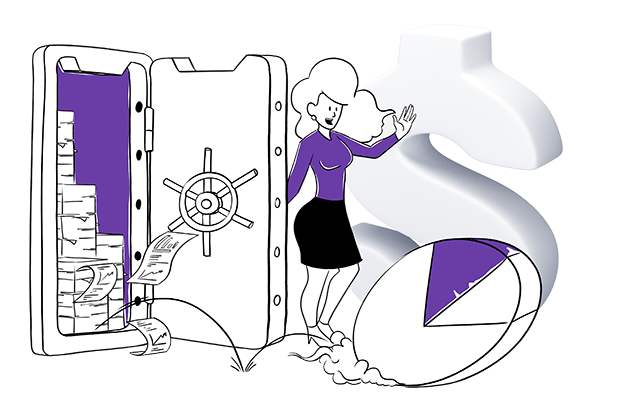The comprehensive California Privacy Rights Act (CPRA) provides specific guidance to help businesses observe open and ethical cookie practices and privacy regulations worldwide.
Approved on November 3, 2020, the CPRA modifies and improves the California Consumer Privacy Act’s (CCPA) provisions, bringing it closer to GDPR.
What is a cookie banner?
A cookie banner is a pop-up that appears when you visit a website for the first time, informing you about using cookies, asking for your consent, or both.
The cookie banner is an integral part of consent management. And consent management is the practice of asking for, recording and acting upon a website’s visitors’ preferences for data collection. In most consent management solutions, cookie banners are used to obtain consent from visitors.
The banners may take the form of a notice banner that disappears on its own or may require some interaction, such as clicking a button to agree to certain cookies. Different jurisdictions have different cookie banner requirements.
CPRA privacy notice vs GDPR cookie banner
The California Privacy Rights Act (CPRA) does not explicitly require a cookie banner. The CPRA requires businesses to provide privacy notices. These notices must be provided to users when they arrive on the website. There are various types of notifications, and you can serve any of them as a banner.
The notice aims to inform users about data processing, sales, or financial incentives in exchange for data. However, it is not necessary to obtain consent before collecting data.
GDPR, in contrast, requires businesses to obtain consent to use cookies. The GDPR cookie banner aims to inform users about cookie processing and collect consent.
You may also like:
- CCPA & CPRA regulations: How marketers can comply with the Californian laws
- Data privacy laws in the United States and how they affect your business [UPDATED]
- 10 new privacy laws around the world
- How consent manager can help you obtain GDPR-compliant consents from your users









